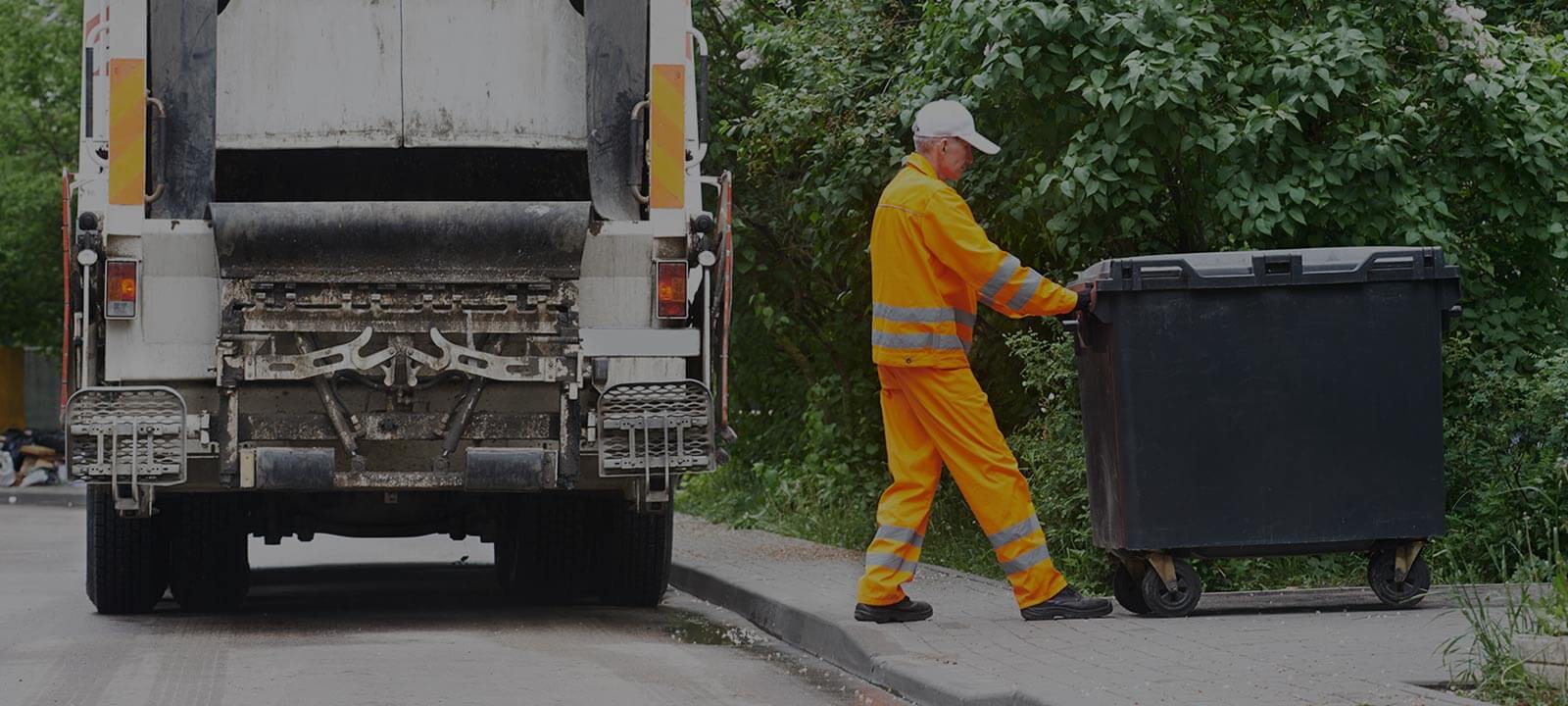Plastic Conversion into Alternative Fuel
Posted on 13/05/2025
Plastic waste is a significant environmental challenge that has garnered global attention. One innovative solution that holds promise for addressing this issue is the conversion of plastic into alternative fuel. This not only helps manage the plastic waste effectively but also provides a potential energy solution, thereby addressing two crises with one solution.
The Science Behind Plastic Conversion
Plastic conversion into fuel involves breaking down plastic polymers into smaller molecules. This process is typically carried out through various methods like pyrolysis, gasification, and depolymerization. Pyrolysis is among the most widely used techniques where plastic materials are subjected to high temperatures in an oxygen-free environment, resulting in the production of liquid fuel, gases, and char.

Pyrolysis: The Leading Method
In the pyrolysis process, plastic waste is heated between 300-900?C in the absence of oxygen. This process converts plastics into three primary products: liquid oil, gas, and solid residue. The liquid oil or synthetic crude can be further refined into fuels such as diesel and gasoline. The gases produced are often used to sustain the pyrolysis process itself, making it almost self-sustaining.
Gasification and Depolymerization
Gasification involves reacting the plastic with controlled amounts of oxygen or steam at high temperatures, leading to the production of syngas--a mixture of hydrogen and carbon monoxide. This syngas can then be used to produce electricity or further refined into liquid fuels.
Depolymerization, on the other hand, breaks down the plastic at a molecular level into monomers, which can then be polymerized again to form new plastics or further processed to produce fuel. This method is particularly useful for handling specific plastics like PET that are more challenging to process via pyrolysis.
Advantages of Plastic Conversion into Fuel
- Reduced Environmental Impact: This process diverts plastic waste from landfills and oceans, significantly reducing environmental pollution.
- Energy Recovery: Converting plastics into fuel recovers the embedded energy in plastics, providing an alternative energy source.
- Economic Benefits: The creation of alternative fuels can reduce dependence on fossil fuels and create new economic opportunities in waste management and energy sectors.
Challenges and Limitations
Despite the potential advantages, there are several challenges associated with plastic conversion into fuel. The technology required is often expensive and complex, making it difficult for widespread implementation. Additionally, the quality of fuel produced can vary, and the process itself can sometimes release harmful emissions if not properly managed. The contamination of plastic waste with non-plastic materials can also pose significant challenges to the efficiency and effectiveness of the conversion process.
Tips for Effective Plastic Conversion
- Source Segregation: Ensure that the plastic waste is segregated from other waste materials. Clean and sorted plastic feeds are crucial for efficient conversion.
- Choose the Right Technology: Evaluate different technologies (pyrolysis, gasification, depolymerization) to determine which is most suitable for the type of plastic waste being processed.
- Regulatory Compliance: Adhere to local and international regulations on emissions and waste management to avoid legal challenges.
- Public Awareness: Increase awareness about plastic waste management and encourage community participation in recycling programs.

Key Takeaways
- Plastic conversion into alternative fuel is an innovative solution to manage plastic waste.
- Pyrolysis is the leading method, followed by gasification and depolymerization.
- There are significant environmental and economic benefits, but also notable challenges and limitations.
- Effective implementation requires proper waste segregation, technological choice, regulatory compliance, and public awareness.
Conclusion
The conversion of plastic into alternative fuel presents a promising avenue for addressing the global plastic waste crisis. While there are challenges to be addressed, the environmental and economic benefits make it a worthwhile pursuit. Through technological innovation, regulatory support, and public participation, this solution can significantly contribute to a more sustainable future.
In summary, while plastic conversion into fuel is not a silver bullet, it is an essential part of a broader strategy to combat plastic pollution and transition towards more sustainable energy resources.
Latest Posts
Reusing for Resource Conservation
Industry applauds government's dedication to improving e-waste recycling practices






